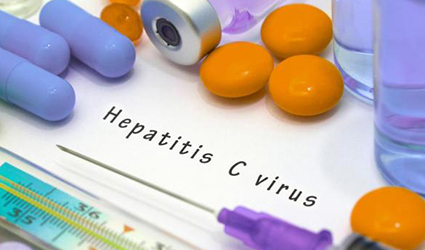What You Need to Know about Hepatitis C
July 12, 2018
Source: Help4Hep
 948
948

Hepatitis C is a chronic, potentially fatal disease affecting the liver and is caused by a viral infection most frequently transmitted through large or repeated direct percutaneous exposures to infected blood. The two most common exposures associated with transmission of HCV are blood transfusion and injection drug use. It proves to be deadly because it develops silently i.e. it does not produce any marked signs and symptoms until it has progressed to an advanced stage.
It poses a major health issue today though it can be detected by a simple and inexpensive blood test.
Statistically, as many as 5 million Americans suffer from hepatitis C and it is the foremost cause of liver failure, liver cancer, and the need for a liver transplant in the US. It causes more deaths than HIV each year.
Among the 5 million, 82% are Baby Boomers and most of them have never discussed this issue with their healthcare provider. Apart from boomers, African Americans and Hispanics show a higher rate of being infected with this disease, especially adult African American males.
Young adults experimenting with drugs, or piercing and tattooing with unsterile needles are the most vulnerable to new infections.
Transmission of hepatitis C is also common in Military training and combat as it involves field bleeding, surgery and transfusions, and other blood exposures.
Hepatitis C rarely spreads through licensed, commercial tattooing facilities as they are required to have sterile instruments. However, transmission is possible where unsterile practices or unregulated tattooing and piercing settings are prevalent such as in prisons.
It is a matter of concern that general awareness among young adults about the spread of hepatitis B and C is lacking in comparison to other sexually transmitted diseases like HIV and, hence, they are less likely to be screened for these.
By DduRead more on
- Things to Know before Buying Newborn Baby Incubators March 31, 2022
- World Immunization Week 2019 May 16, 2019
- Highly Resistant Food Poisoning Bug Responds to Antibiotics September 6, 2018
- Smartphone Based Diagnosis to Identify Mosquitoes Transmitting Infection September 5, 2018
- 3 Natural Plant Extracts Manufacturers on Drugdu.com September 4, 2018
your submission has already been received.
OK
Subscribe
Please enter a valid Email address!
Submit
The most relevant industry news & insight will be sent to you every two weeks.



